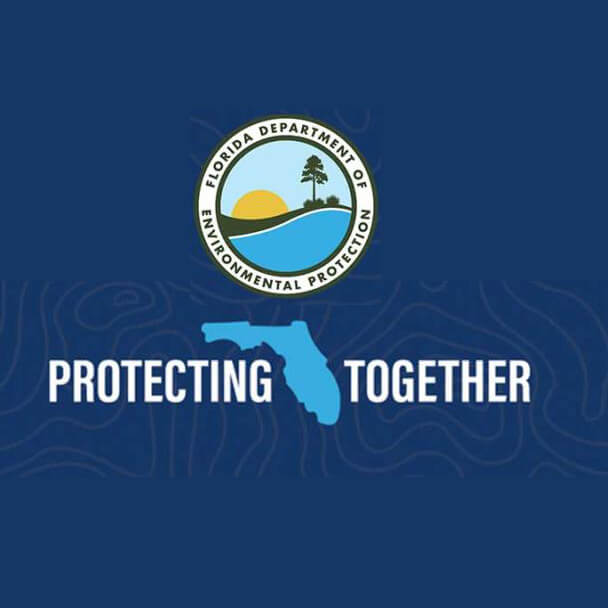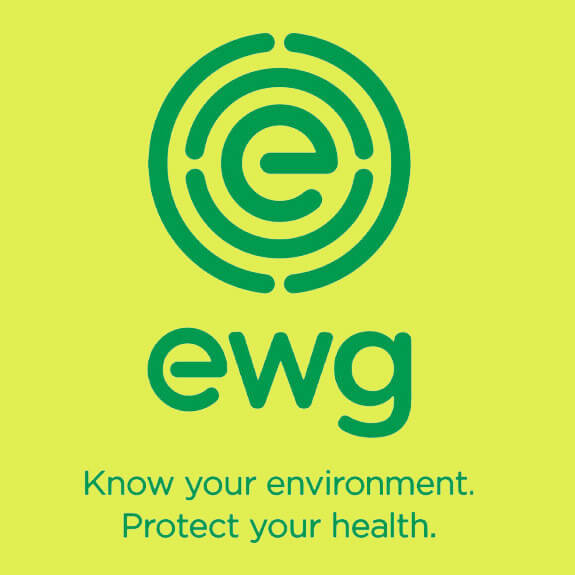Participation in Ensuring Safe Drinking Water in Florida: Citizen's Role
Safe drinking water is a fundamental necessity for the well-being of communities, and citizens in Florida play a crucial role in maintaining and safeguarding the quality of their water supply. This article explores the factual details of the citizen's role in ensuring safe drinking water, emphasizing the importance of awareness, engagement, and responsible water usage.
1. Water Conservation Practices
Florida, with its unique climate and environmental conditions, faces challenges related to water scarcity and resource management. Citizens can contribute significantly by adopting water conservation practices in their daily lives. Simple actions, such as fixing leaks, using water-efficient appliances, and practicing mindful water usage, help reduce overall demand and pressure on water resources.
Water conservation also extends to outdoor activities, encouraging residents to choose drought-resistant landscaping, utilize rain barrels for irrigation, and adhere to watering restrictions. These collective efforts contribute to sustainable water use and conservation of this precious resource.
2. Reporting Water Quality Concerns
Citizens serve as vital eyes and ears in identifying and reporting water quality concerns to the appropriate authorities. Unusual odors, discoloration, or changes in taste in tap water can be indicators of potential issues. Timely reporting allows water utilities and regulatory agencies to investigate and address concerns promptly.
State agencies such as the Florida Department of Environmental Protection (DEP) and local health departments rely on citizen reports to monitor and respond to water quality issues. Public participation in reporting ensures a more comprehensive and proactive approach to maintaining safe drinking water standards.
3. Proper Disposal of Household Chemicals
Improper disposal of household chemicals can contribute to water contamination. Citizens play a crucial role in ensuring the safe disposal of hazardous substances such as pesticides, cleaning agents, and pharmaceuticals. Following proper disposal guidelines, participating in community hazardous waste collection events, and avoiding the flushing of medications down the toilet prevent these substances from entering water sources.
The responsible management of household chemicals helps protect water quality and minimizes the risk of contamination that could affect both drinking water supplies and aquatic ecosystems.
4. Septic System Maintenance
In areas where septic systems are common, citizens bear the responsibility of maintaining these systems to prevent groundwater contamination. Regular inspection, pumping, and proper disposal of septic tank effluent contribute to the protection of groundwater quality. Homeowners should follow guidelines for the appropriate use of septic systems and promptly address any issues to prevent potential health and environmental risks.
Public awareness campaigns and educational initiatives play a crucial role in informing citizens about the proper care and maintenance of septic systems to ensure their effective and environmentally responsible operation.
5. Participating in Community Education Programs
Citizens can engage in community education programs organized by local water utilities, environmental organizations, and government agencies. These programs provide valuable information about water conservation, pollution prevention, and the importance of protecting water resources. Workshops, seminars, and outreach events empower citizens with the knowledge and tools to make informed decisions regarding water usage and preservation.
By actively participating in educational initiatives, citizens contribute to building a community-wide understanding of water-related challenges and solutions, fostering a sense of shared responsibility.
6. Support for Infrastructure Investments
Citizens can advocate for and support investments in water infrastructure projects. Aging infrastructure, including water treatment plants, distribution systems, and wastewater facilities, requires periodic upgrades to ensure the continued delivery of safe drinking water. Participating in local government discussions, supporting bond initiatives, and staying informed about infrastructure needs contribute to the long-term sustainability of water systems.
Community involvement in infrastructure planning and investment decisions helps prioritize projects that address water quality, resilience, and the growing demands of Florida's population.
7. Volunteering for Water Monitoring Programs
Citizens interested in a hands-on approach to water quality can volunteer for water monitoring programs. These programs, often organized by environmental groups and governmental agencies, involve citizen scientists in collecting data on water quality parameters such as temperature, pH, and nutrient levels. The data collected contributes to ongoing research, helps identify trends, and supports informed decision-making regarding water resource management.
Volunteering for water monitoring programs not only enhances scientific understanding but also fosters a sense of environmental stewardship among citizens.
Conclusion
The participation of citizens is integral to ensuring safe drinking water in Florida. By adopting water conservation practices, reporting water quality concerns, responsibly managing household chemicals and septic systems, participating in community education programs, supporting infrastructure investments, and volunteering for water monitoring programs, citizens contribute to the protection and sustainability of water resources.
Through collective awareness and engagement, Florida's residents play a vital role in preserving the quality of their drinking water, fostering resilience in the face of environmental challenges, and securing a safe and sustainable water supply for generations to come.





